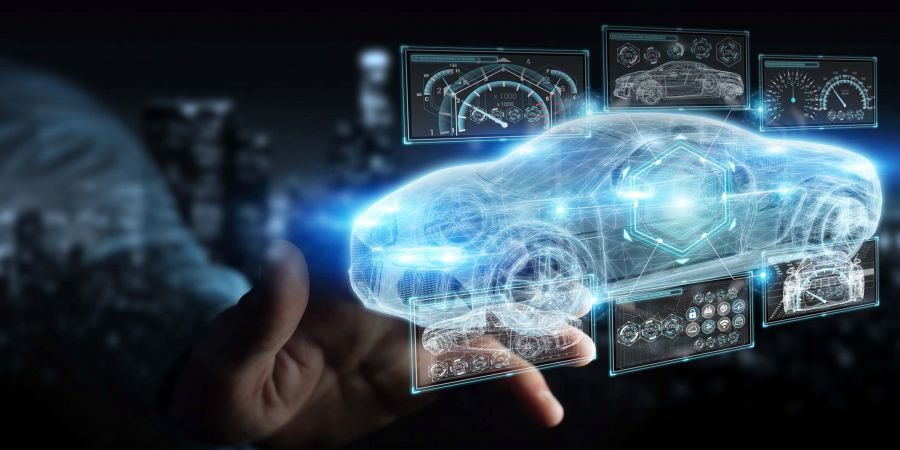

With the advancements in science and technology, humanity has been developing new machines for transportation with distinctive energy sources. We first had trains and steamers, using high pressure steam that was produced in boilers by heating water with burning coal, leading to the first wave of industrial revolution in Europe and North America. Then, by the end of World War II in 1945, we got cars, trucks and aero planes, running on the refined byproducts of petroleum – petrol, diesel, A.T.F. etc. All these vehicles, however, released highly polluting gases such as Carbon Dioxide, Nitrous Oxide, Sulphur Dioxide etc. causing many ecological problems like Global Warming and Air Pollution. Therefore, with the advent of 21st century, and with development of renewable energy sources, there was seen a pressing need to do a similar work for the energy methods of future transportation.
Enter the Electric Vehicle (EV) technology, which directly takes the electricity to batteries and drives the electric motors of your car or scooter (or even a truck nowadays!). Interestingly, world’s first EV was made in 1830s and has been evolving since then, but the current wave of EV revolution became possible, notably by the development of Lithium-ion batteries and improvements in electric motors. Now, even developing nations like India are seeing this major push both by it’s consumer market and governments in Centre and state. Already, companies like Ola, Ather, Hero Electric etc. are launching there EV models in two-wheeler segment, while Tata is currently dominating the car section with it’s Nexon EV. With the ambition of making country’s transport sector going completely electric by 2030, many states as well as central govt. are giving huge incentives on these automobiles along with their charging infra, while establishing more renewable energy plants across the country. This technology is rapidly replacing the traditional combustion engine vehicles across the world. According to the coverage of a leading newspaper , it is said that India is taking strong steps towards the adoption of EV technology. Thus, there is no doubt that our future is going to be electric very soon, and thus, we must now focus on adapting to this new world of EVs, as quickly as possible in to make it the order of the day. At least, those among us, who can afford, should spend on the electric scooters made in India to limit our domestic carbon emissions.








